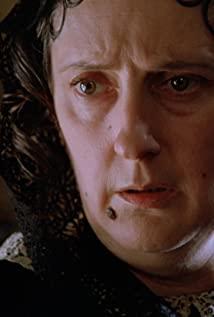It is said that Ada's love is a bit "deviant" because she is from desire to love, to love. Falling in love with the farmer comes later. Some people say that this is "because of the true love of the male miscellaneous husband and the hope of the female pianist's own psychological liberation." Yes, what Ida felt from the farmer was true love. Because true love is based on respect and understanding that comes from the heart. Ada's husband could not see into her rich and deep inner world, and unconsciously regarded her as his own, only his wife. And that seemingly rude Baines is filled with a special power. He not only has a deep understanding of Ada, but also respects this weak woman from the bottom of his heart. As a somewhat natural person, Baines' way of expressing his love is somewhat primitive: he sleeps with Ada almost forcibly. But when he gave Ada the piano as promised, he refused Ada's appearance. Why? Was his love for Ada merely a physical desire? Not also. Baines explained to us the true meaning of love at this time. At first, he expressed love by making love, and at this time, he refused to make love also to express love. Because he knows that he loves Ada deeply, that to love her one must respect her, to respect her one must elevate himself to be equal to her, and sex alone cannot make them equal. So he refuses to have sex with Ada again. But his refusal made him finally win that seemingly impossible love.
View more about The Piano reviews










